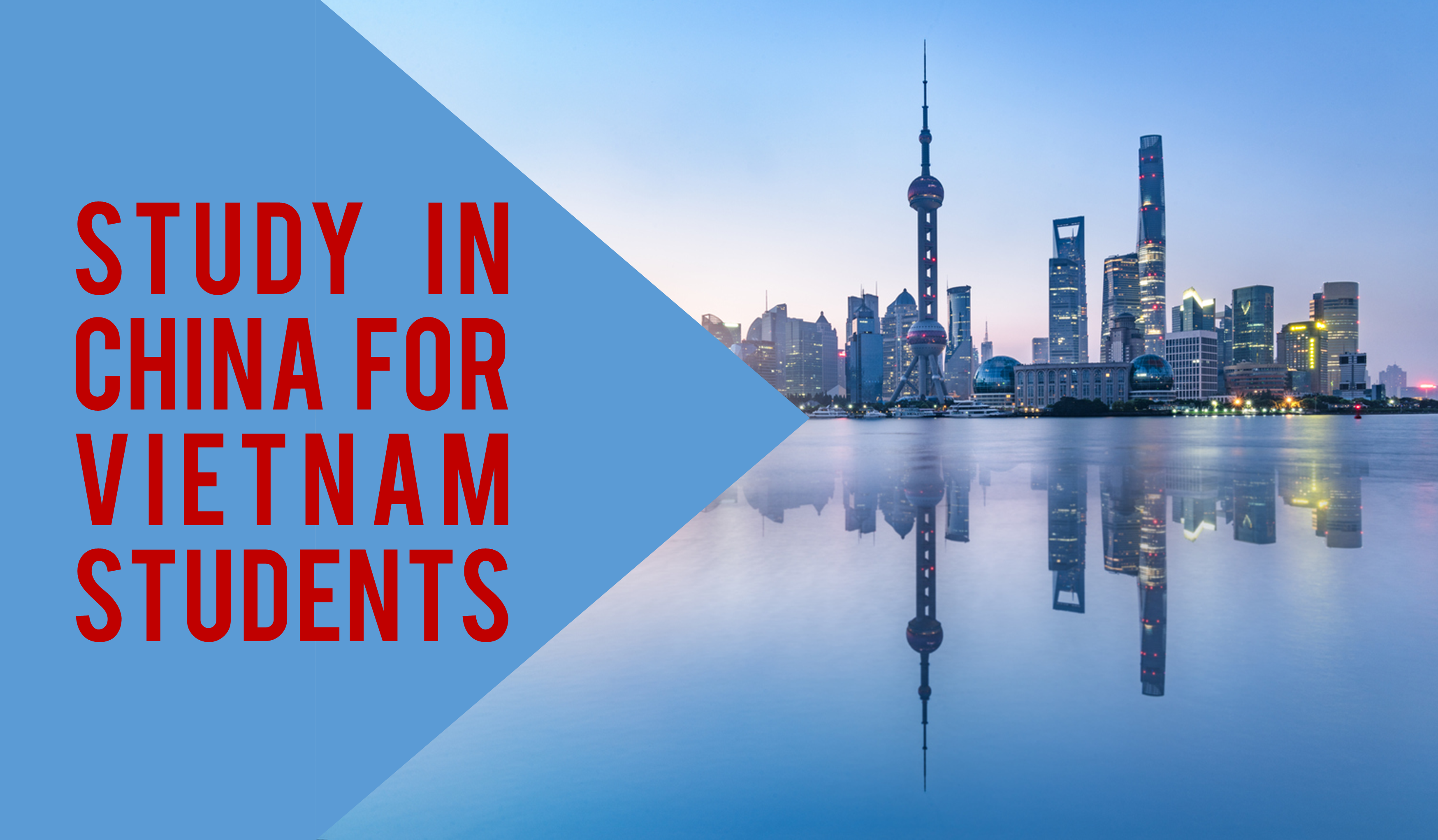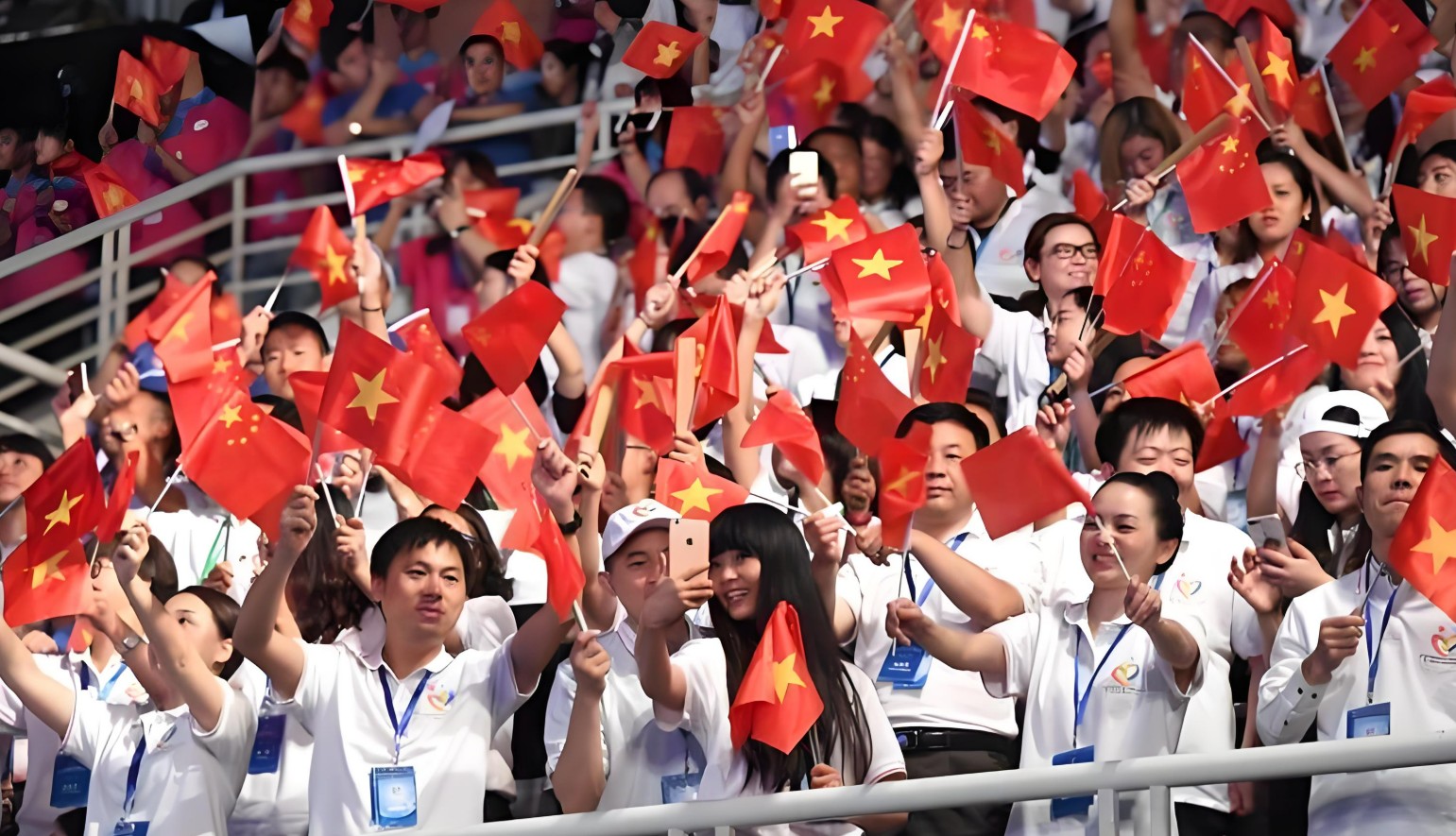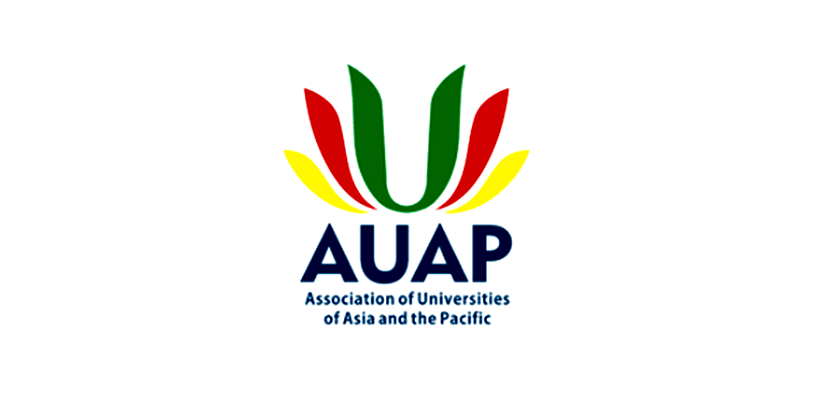
APSB Actively Promotes Vietnamese Students Studying in China, Upgrading Educational Exchange and Cooperation
Recently, with the continuous deepening of educational cooperation between China and Vietnam, a series of favorable news has emerged. China warmly welcomes more outstanding Vietnamese students to pursue further studies in the country and will continue to increase the investment in scholarships for international students. This initiative aims to further strengthen the foundation of educational exchanges between the two countries, enhance talent cultivation cooperation, and inject educational impetus into the construction of a China-Vietnam community with a shared future.According to the Joint Statement of the People’s Republic of China and the Socialist Republic of Vietnam on Continuously Deepening the Comprehensive Strategic Cooperative Partnership and Accelerating the Building of a China-Vietnam Community with a Shared Future of Strategic Significance released on April 15, the two sides have explicitly expressed their commitment to fully implementing the China-Vietnam Agreement on Educational Cooperation and strengthening exchanges among teachers, students, and scholars. The Chinese government has been continuously increasing its support for Vietnamese students, opening up broader learning and development opportunities for them.

Notably, The Asia Pacific School of Business, in collaboration with renowned institutions such as Liaoning University of Finance and Trade, Sanya University, Geely University, Xiangtan Institute of Technology, Guangxi Minzu University, Shenzhen University, Chongqing University, Wuhan University, and Dalian University of Technology, has successfully applied to the Ministry of Education and provincial education departments and obtained approval. They will recruit Vietnamese students to study in China through an innovative model combining "class-based" and "flexible" approaches. This innovative model offers Vietnamese students more diversified study options, allowing them to experience the atmosphere of group learning and flexibly adjust their study plans according to their individual circumstances.
China is endowed with abundant educational resources, a diverse academic environment, and a wide range of disciplines, covering everything from basic subjects to cutting-edge technologies, which can fully meet the different learning needs of Vietnamese students. For Vietnamese students, studying in China not only enables them to acquire world-class academic knowledge and access to cutting-edge research results but also allows them to personally experience China's profound historical and cultural heritage, broaden their international horizons, and enhance their cross-cultural communication skills, accumulating valuable experience for their future career development and personal growth.

To assist Vietnamese students in successfully completing their studies, the Chinese government and various universities have established a variety of scholarship programs, covering tuition fees, accommodation fees, living expenses, and insurance premiums, significantly reducing the economic burden on students and enabling more talented Vietnamese students to realize their study-abroad dreams. Meanwhile, universities also provide a series of considerate supporting services, such as assistance with visa applications, eliminating students' concerns about cumbersome visa procedures; language training to help students improve their Chinese or English proficiency and better adapt to the learning environment; and on-campus accommodation arrangements to ensure students' living safety and convenience, ensuring that international students can quickly integrate into Chinese study and life.
Regarding application requirements, for undergraduate programs, applicants are required to have completed high school and hold a graduation certificate, usually not exceeding 25 years of age. For master's programs, applicants should have a bachelor's degree, with an age limit of 35 years old. For doctoral programs, a master's degree is required, and the age limit is 40 years old. Chinese-taught programs generally require students to reach HSK level 4 or above, while English-taught programs require corresponding English proficiency certificates, ensuring that students have the necessary language skills to smoothly carry out their professional studies.
In terms of the application process, under the new "class-based + flexible" enrollment model, The Asia Pacific School of Business has authorized designated Vietnamese recruitment agents to provide application guidance and support. Prospective students are advised to consult these authorized agents for detailed procedures, eligibility criteria, and documentation requirements. Applications can also be initiated online through the official websites of partner universities, requiring submission of materials such as passport copies, personal statements, recommendation letters, and study/research plans. After a rigorous review process, approved applicants will receive official admission notices, which can then be used to apply for student visas and finalize enrollment arrangements.
In recent years, numerous Vietnamese students have benefited from this policy, studying diligently in Chinese universities and achieving excellent results. After returning to their home country, they have become envoys of friendly cooperation between China and Vietnam, making significant contributions in economic, cultural, scientific, and technological fields and actively promoting exchanges and cooperation between the two countries. With the continuous advancement and implementation of the policy, it is expected that more Vietnamese students will embark on the path of studying in China and write their own wonderful chapters.
This initiative by China to encourage Vietnamese students to study in China not only helps improve the educational level of Vietnamese students but also injects new vitality into the long-term friendly cooperation between the two countries, promoting in-depth exchanges and common development in various fields and contributing to the construction of a closer China-Vietnam community with a shared future.
If you have any questions or suggestions, please contact Office of Student Affairs (Vietnam).



























